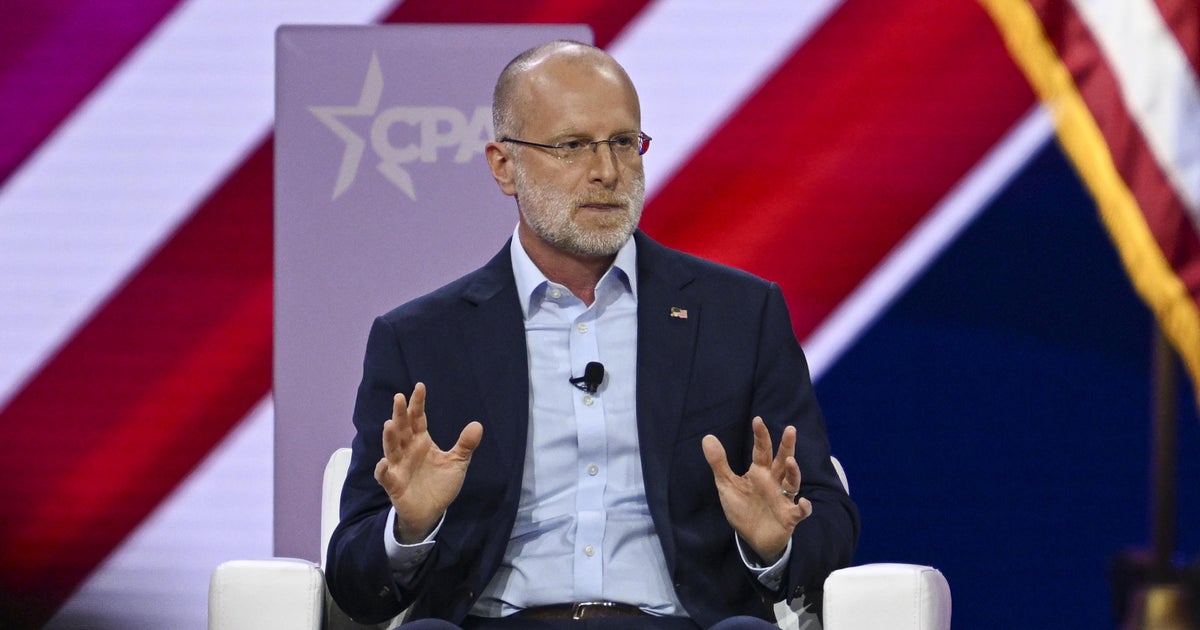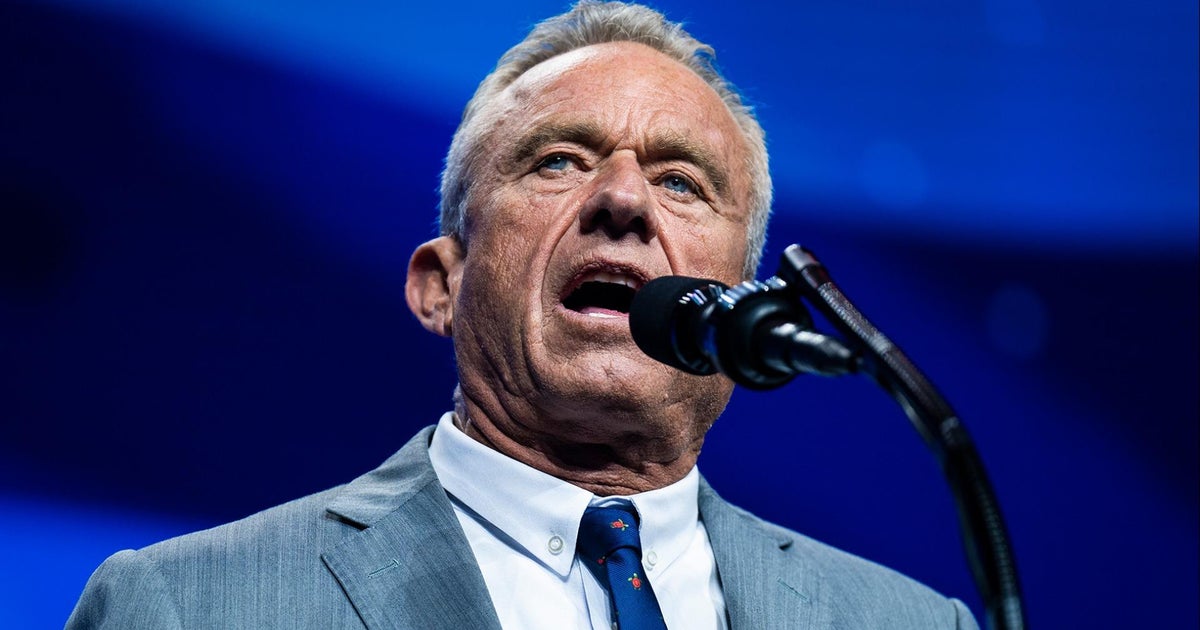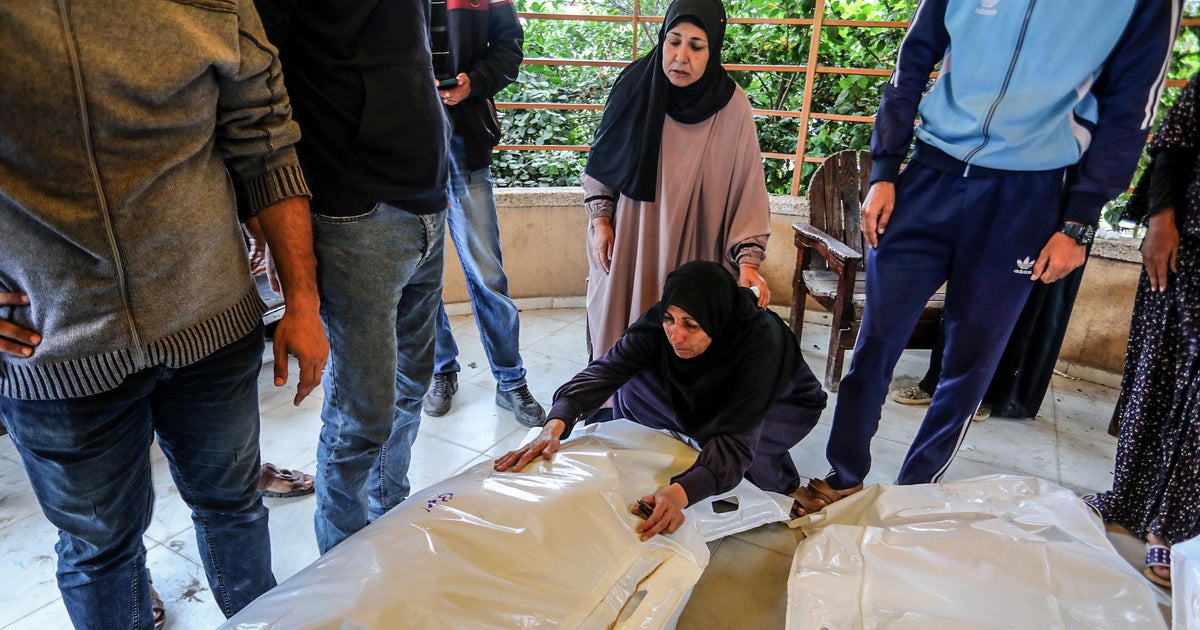As Trump pushes to reopen, U.S. continues expelling migrants at border, citing pandemic
As President Trump pushes for an end to restrictions aimed at containing the coronavirus, his administration continues to cite the pandemic to justify an unprecedented policy that has sealed the country's borders to most migrants, including some seeking refuge and unaccompanied children.
Operating under broad authorities in a public health directive, officials at the southern border have quickly removed most unauthorized migrants who have set foot on U.S. soil since late March. Officials carried out nearly 21,000 expulsions in March and April alone. These included 901 expulsions of families with children and 899 of unaccompanied minors, according to unpublished U.S. Customs and Border Protection (CBP) data. The statistics for May have not yet been released.
The Centers for Disease Control and Prevention (CDC) directive, which cites a World War II-era public health law, has severely limited access to humanitarian protections, including asylum. The Trump administration says the protections have been exploited by economic migrants, primarily from poverty-stricken parts of Central America, who are looking for an easy way into the U.S. Unlike other policies restricting these protections, the CDC order has yet to be challenged in court.
Between March 20 and May 27, when they expelled thousands, border officials allowed 85 migrants processed under the CDC directive to tell asylum officers why they fled their home countries, according to unpublished U.S. Citizenship and Immigration Services statistics obtained by CBS News. Just four of them were allowed to stay in the country to request their deportation be deferred under a United Nations anti-torture convention.
While officials have invoked the public health order to expel most border-crossers during the pandemic, they can still process migrants under U.S. immigration laws, effectively creating a two-track process for those who express fear of returning to their home country.
Border officials referred 415 people under the standard process to undergo so-called credible fear interviews with the U.S. asylum office between March 20 and April 30 — a 97% drop from the 17,052 referrals CBP made in the same time span in 2019, according to the agency.
Felipe, a 23-year-old native of Brazil who requested his last name not be used, said he told U.S. border officials last month that he fled his home country to escape political persecution by the authorities. But after being apprehended in Texas, he was processed under the CDC order, not regular immigration laws, U.S. authorities confirmed.
Felipe is one of the few migrants processed under the CDC order who have been allowed to have a phone interview with an asylum officer. But like most, it was unsuccessful. "You did not establish it is more likely than not that you will be tortured in Brazil," read a document he received from U.S. officials.
Selina Alaniz, an independent immigration attorney in Houston who represented Felipe during his brief stay in the U.S., said her former client was not afforded due process, noting that she was not allowed to participate in his interview with the asylum officer.
According to an email from an ICE official reviewed by CBS News, lawyers for migrants processed under the public health order are barred from the interviews. "As a matter of policy, attorneys are not allowed to participate in this process," a USCIS spokesperson confirmed, noting that asylum officers have received "guidance and special training" to conduct interviews under the CDC directive.
"Just because we are in a pandemic does not stop access to due process, and especially access to counsel," Alaniz told CBS News.
Now back in southeastern Brazil, Felipe said he is hiding from local police, who he alleges have beaten him on several occasions because of his political activism against the conservative government of President Jair Bolsonaro. The native of Minas Gerais said he is a supporter of the Workers' Party, the main leftist party in Brazil.
"I am being threatened with death in Brazil," Felipe told CBS News in Portuguese through an interpreter.
Like his U.S.-based lawyer, Felipe does not think his request for protection went through a fair process. "The immigration [system] is unjust because they didn't ask us to sign anything before the deportation, they just put us on the bus, then the plane," he added.
The public health order used to expel Felipe was extended indefinitely last month, subject to a 30-day review. Citing statistics from border officials, CDC Director Robert Redfield said in the indefinite extension that his directive was working as intended, namely to prevent overcrowding in holding cells.
"By significantly reducing the number of covered aliens held in [ports of entry] and Border Patrol stations, the Order and Extension have reduced the density of covered aliens held in congregate custody within these facilities, which reduces the risk of exposure to COVID-19 for DHS personnel and others in POEs and Border Patrol stations," Redfield wrote.
Redfield has decreed that his order will remain in place until he determines the "danger of further introduction of COVID-19 into the United States has ceased to be a serious danger to the public health."
The CDC, however, has yet to outline the specific criteria that needs to be met for the order to be suspended or withdrawn. For weeks, the agency has declined to answer any questions about Redfield's directives, despite multiple requests.






